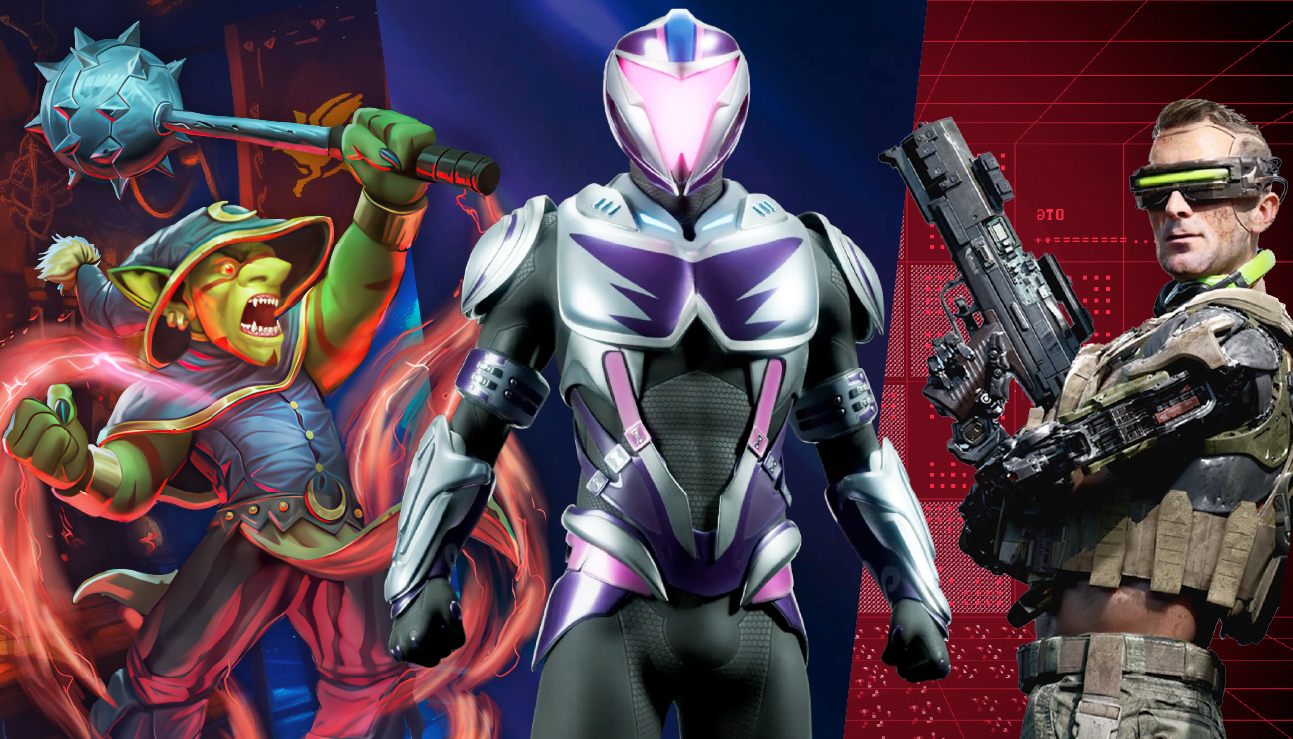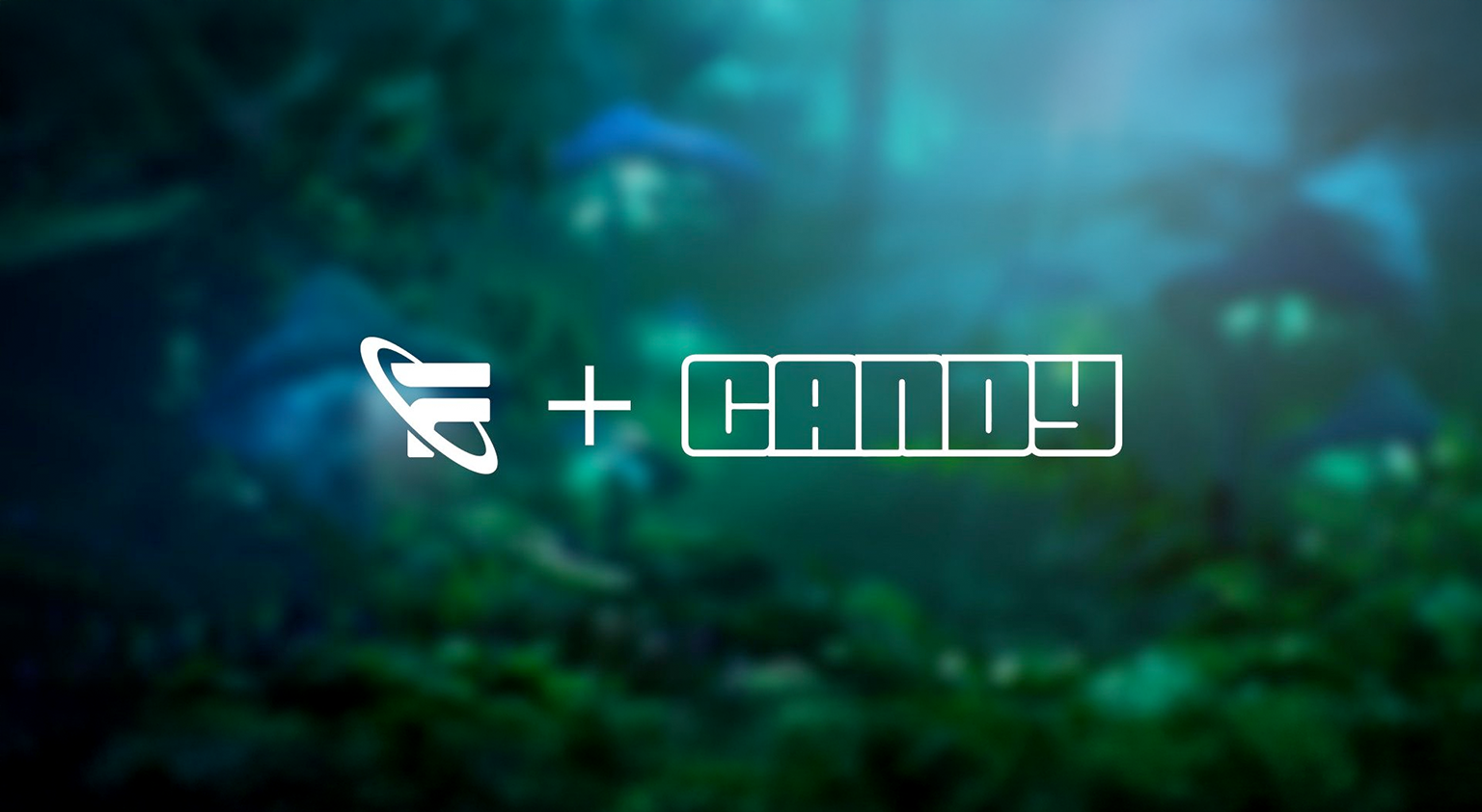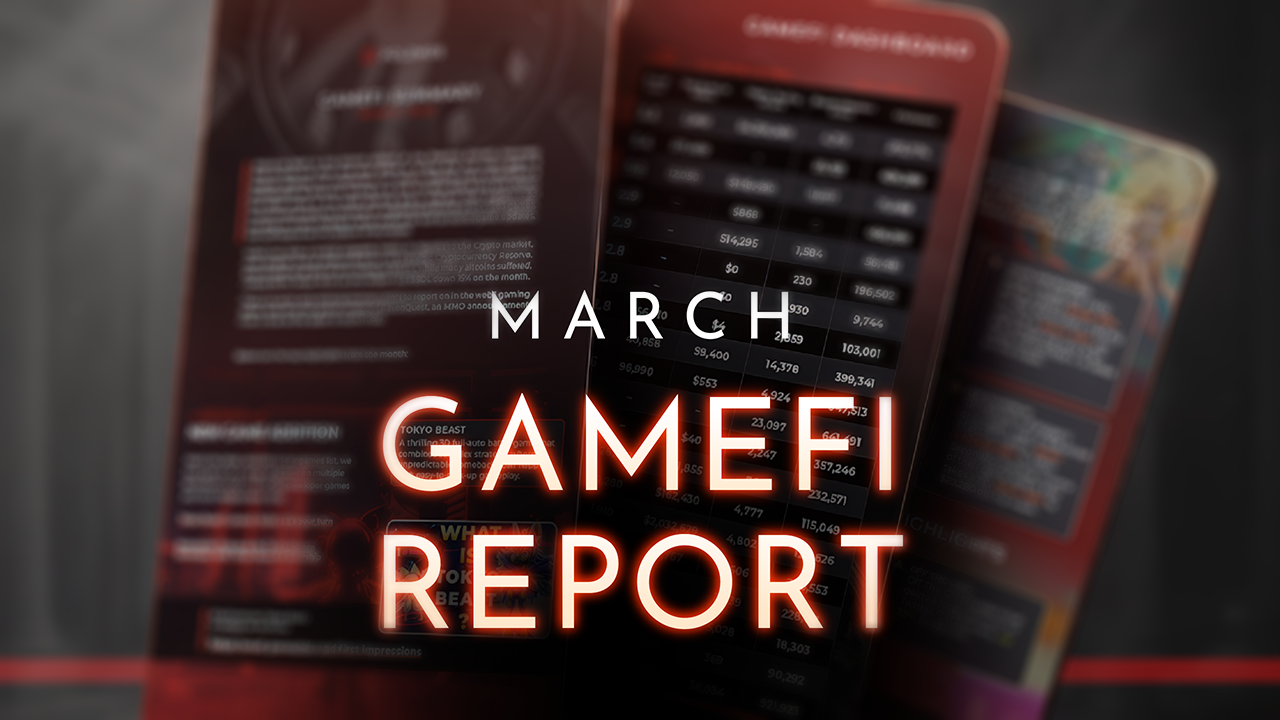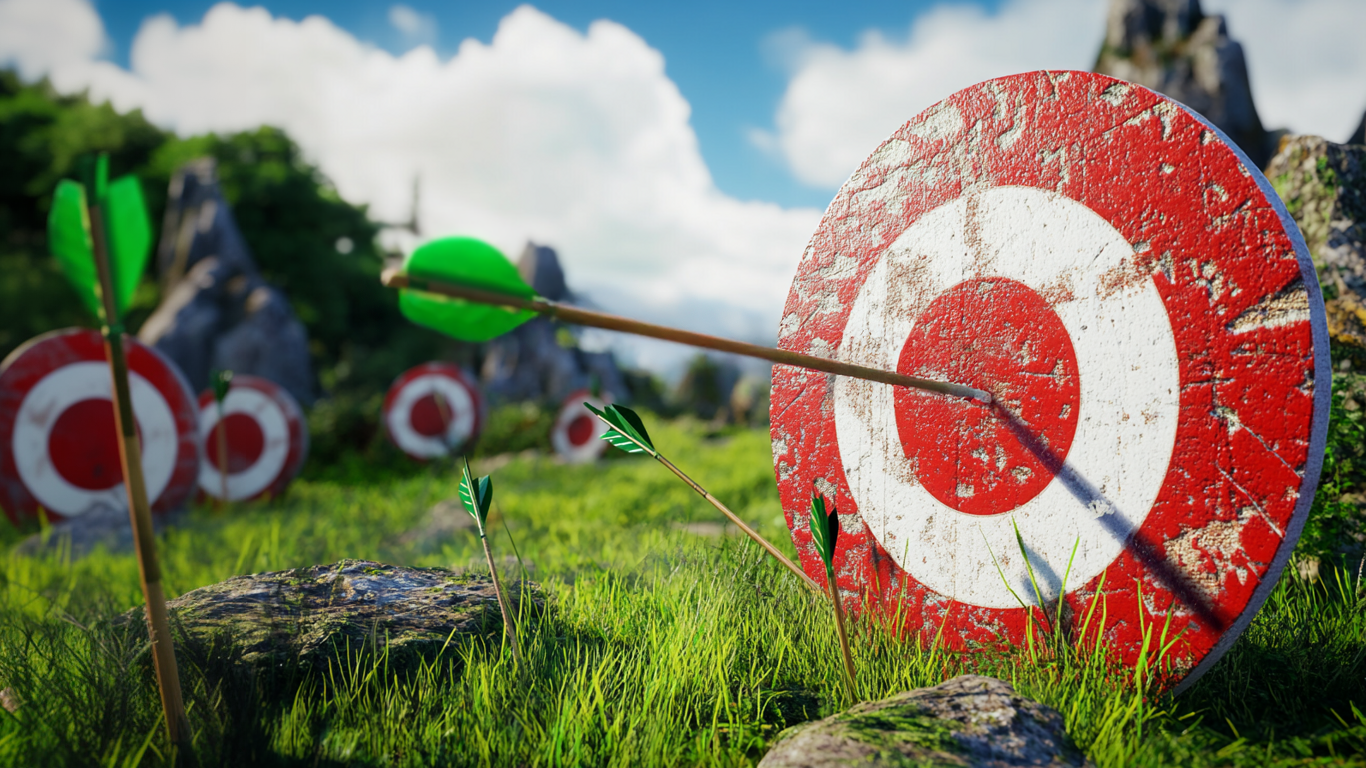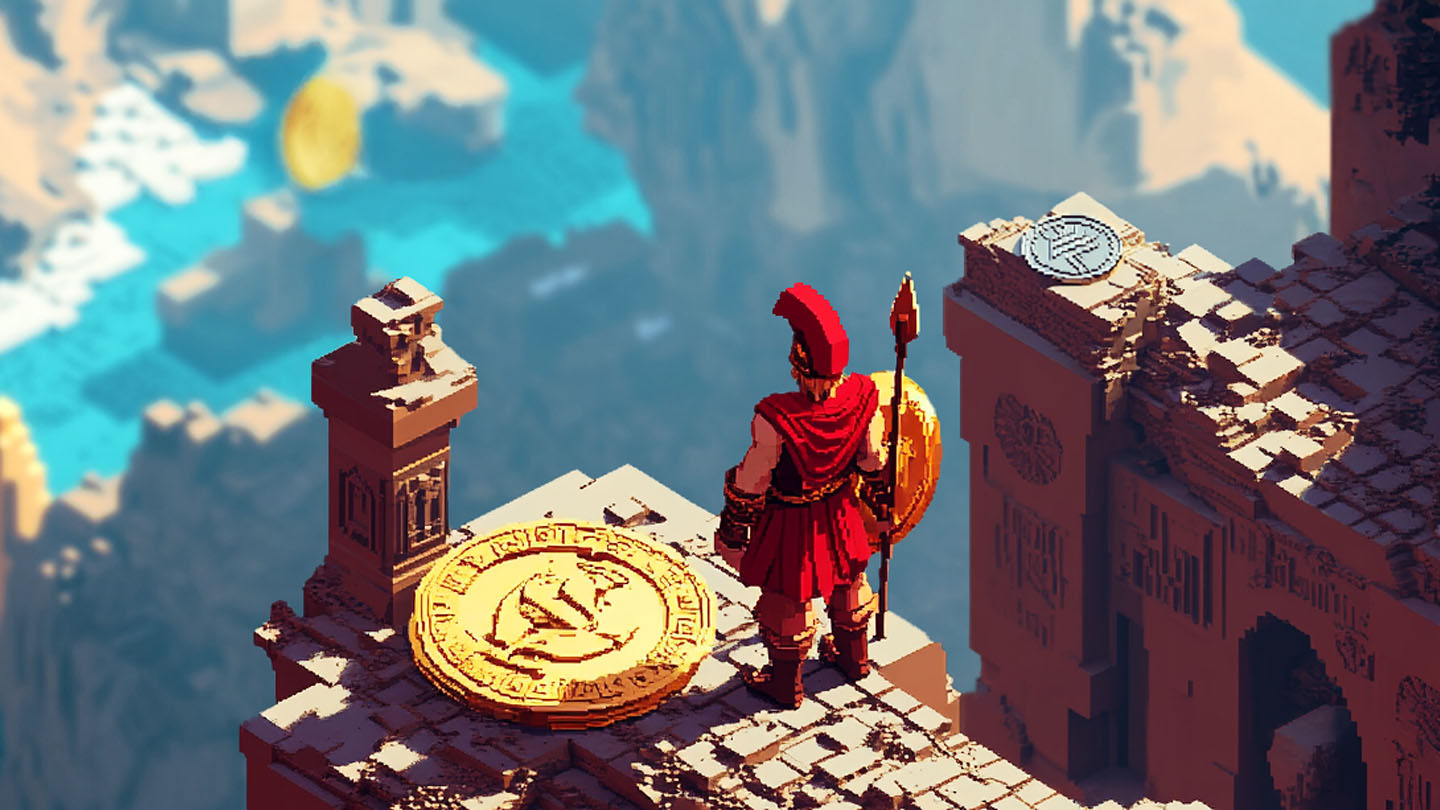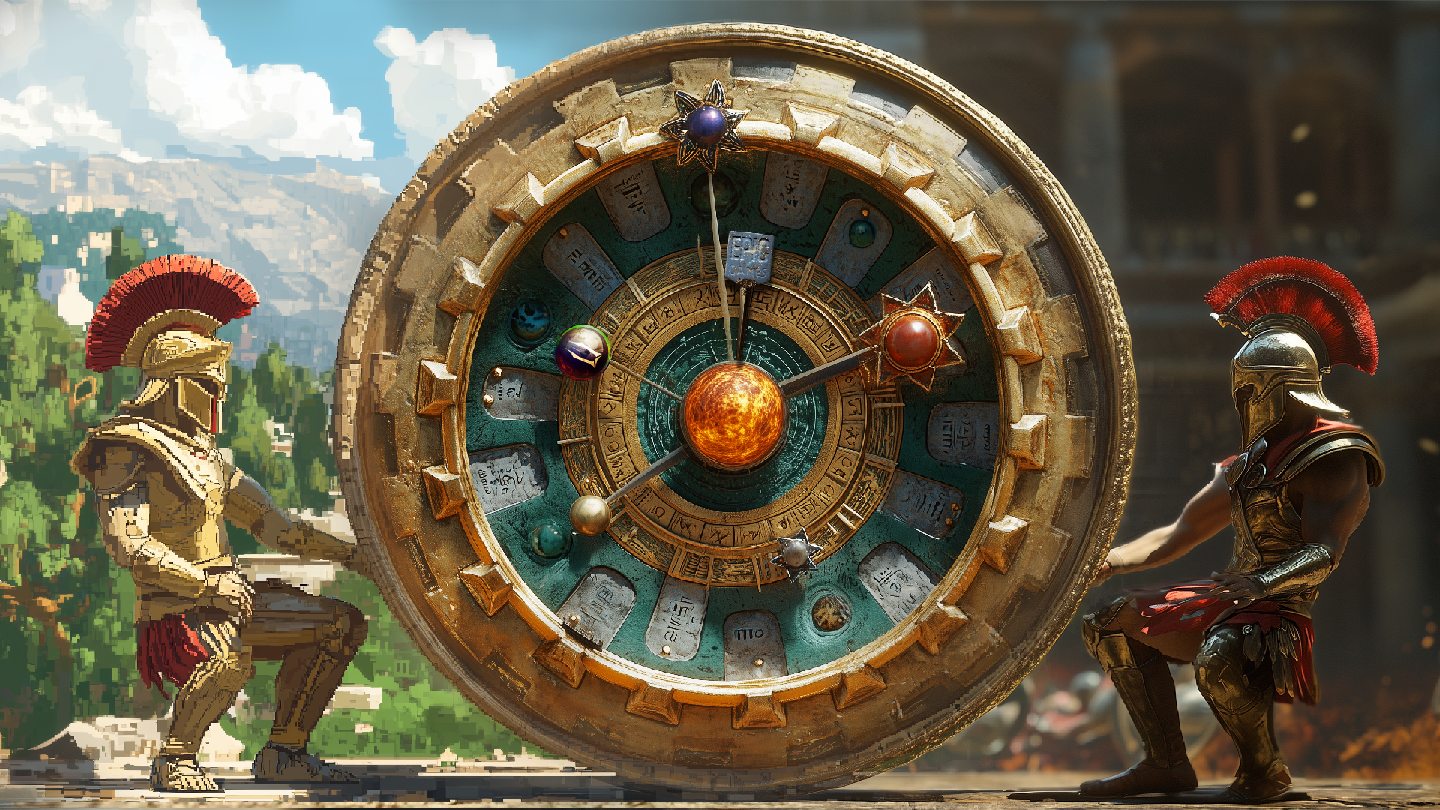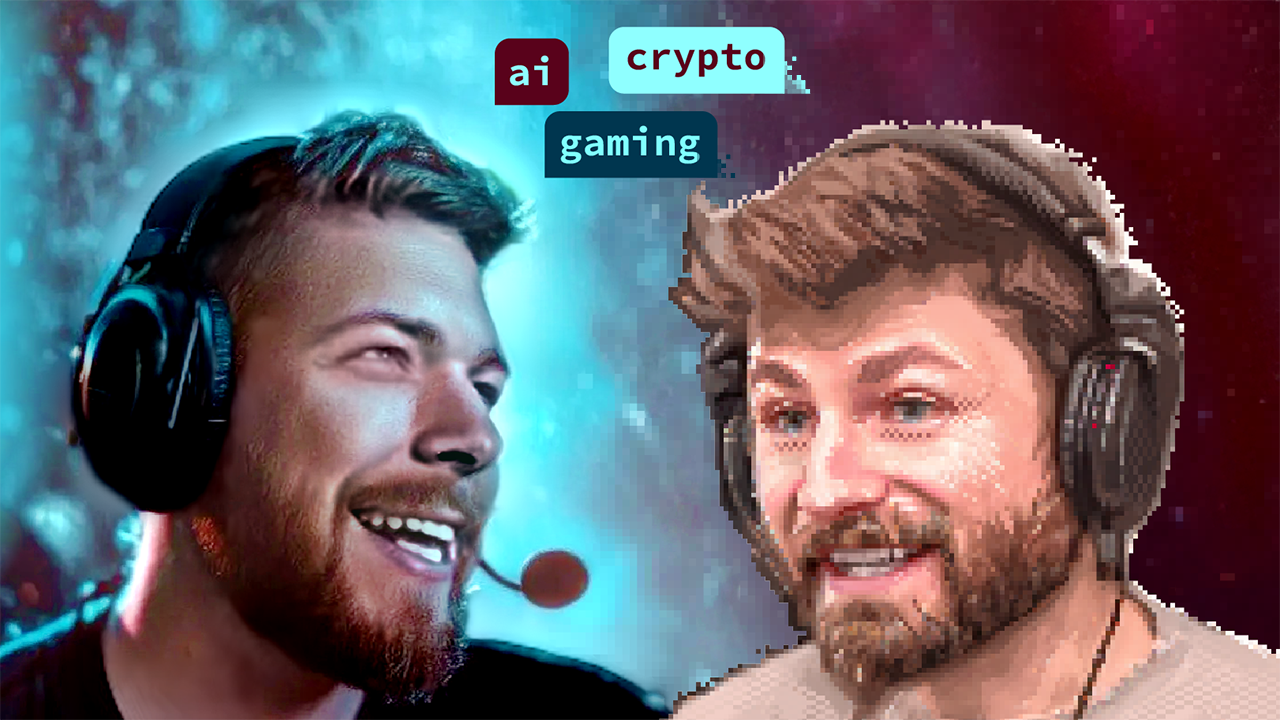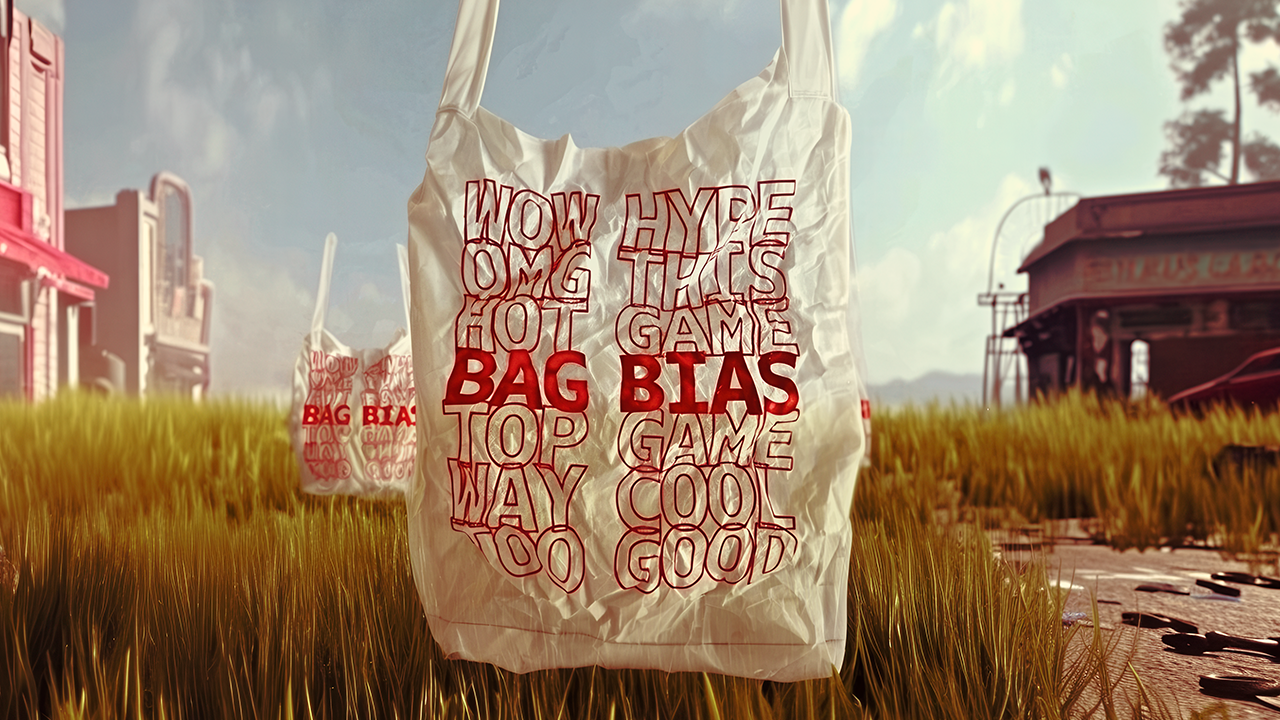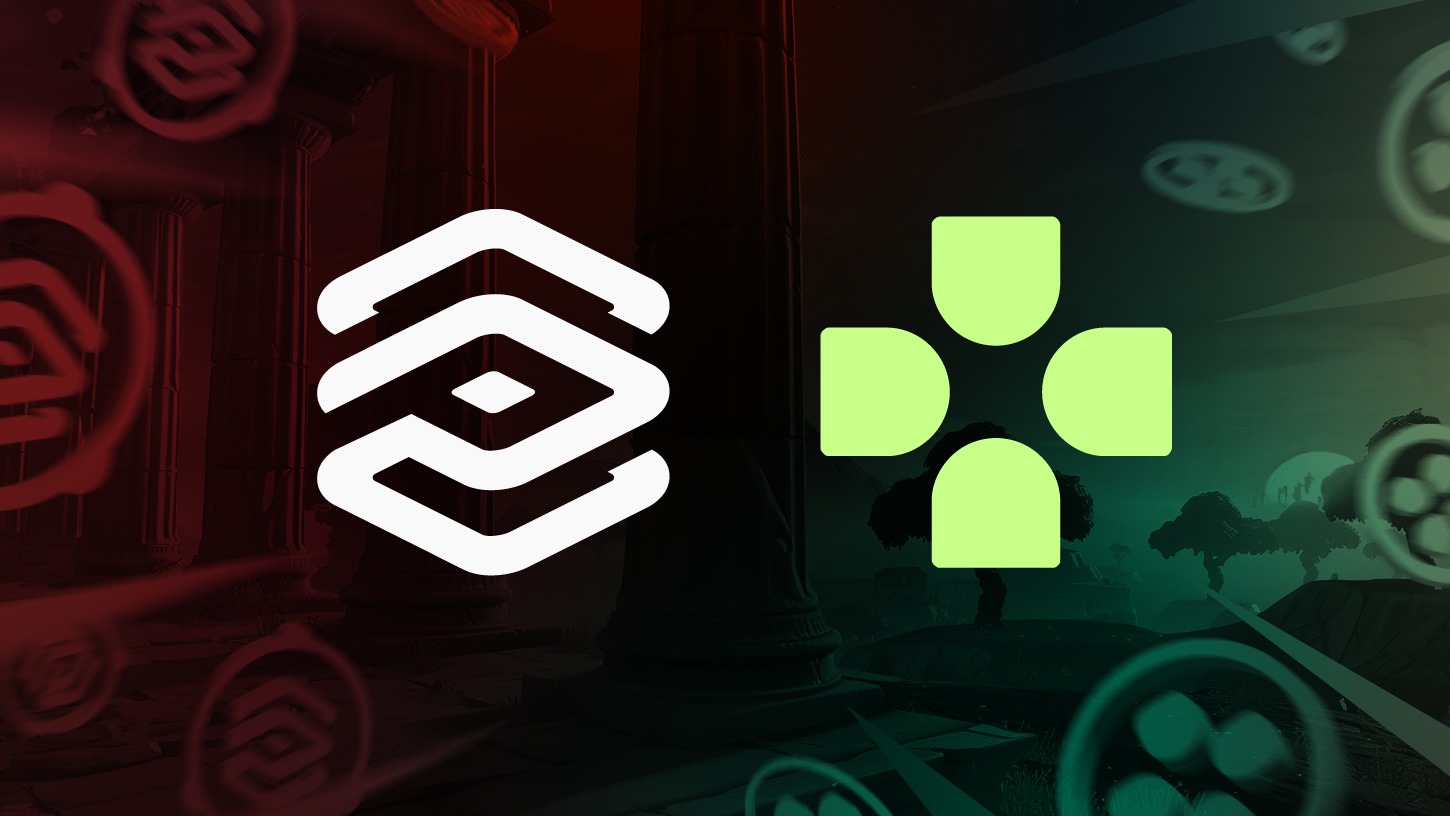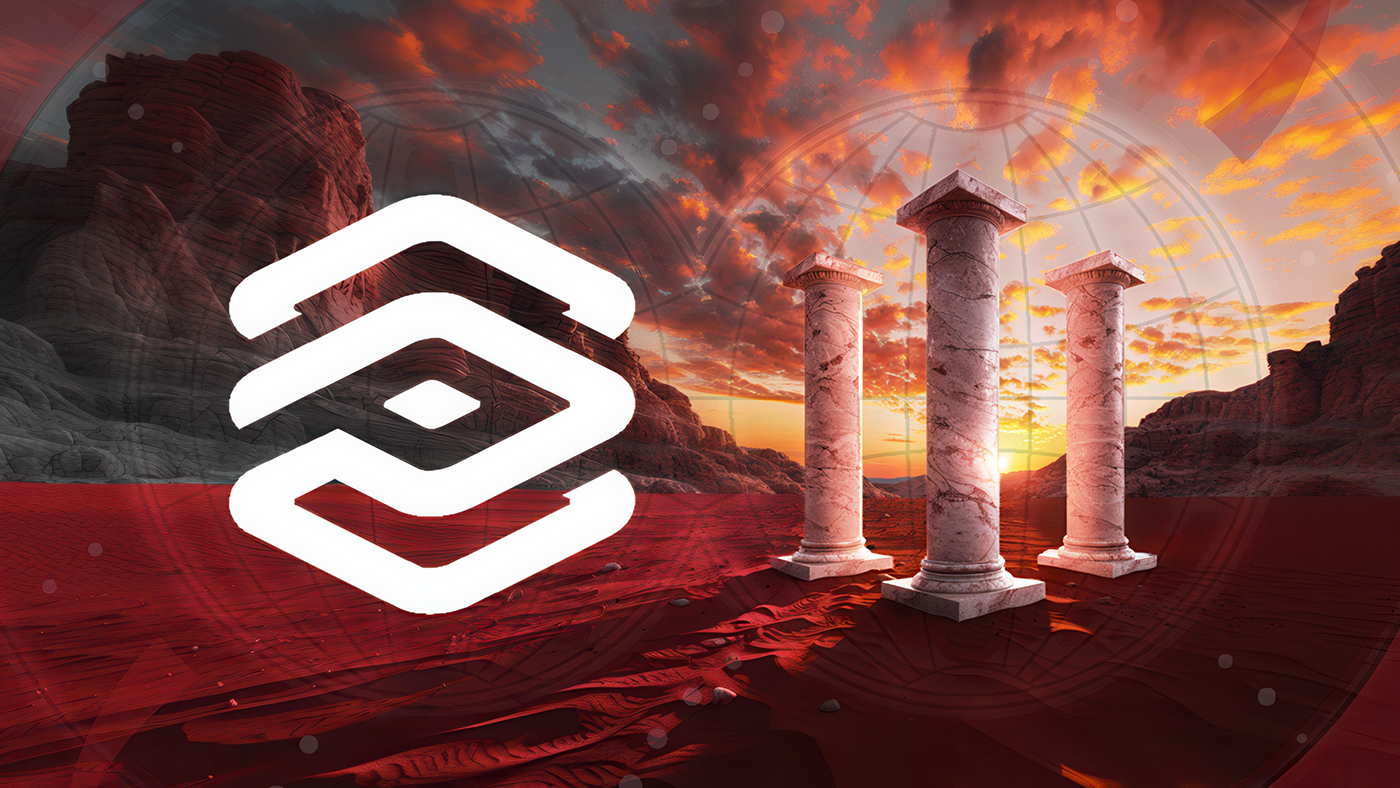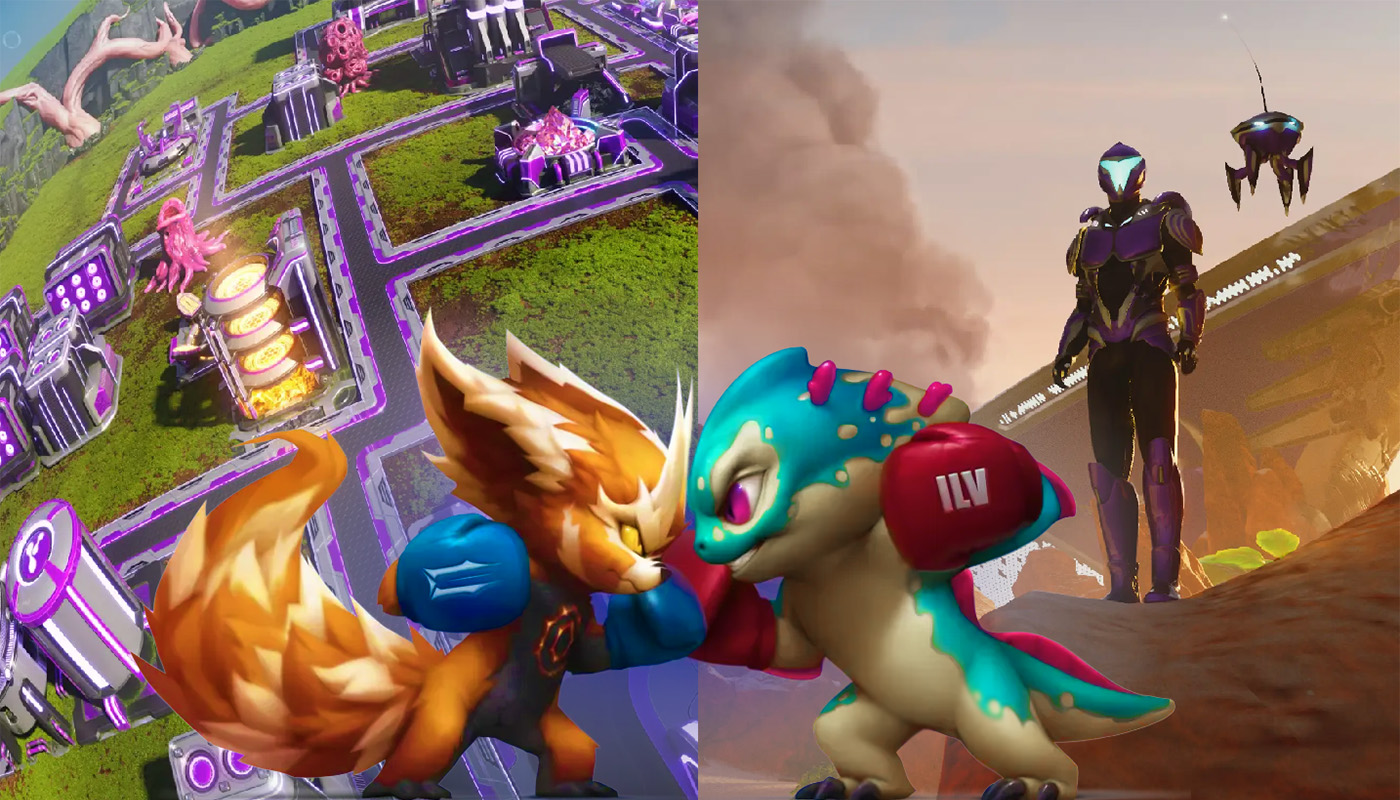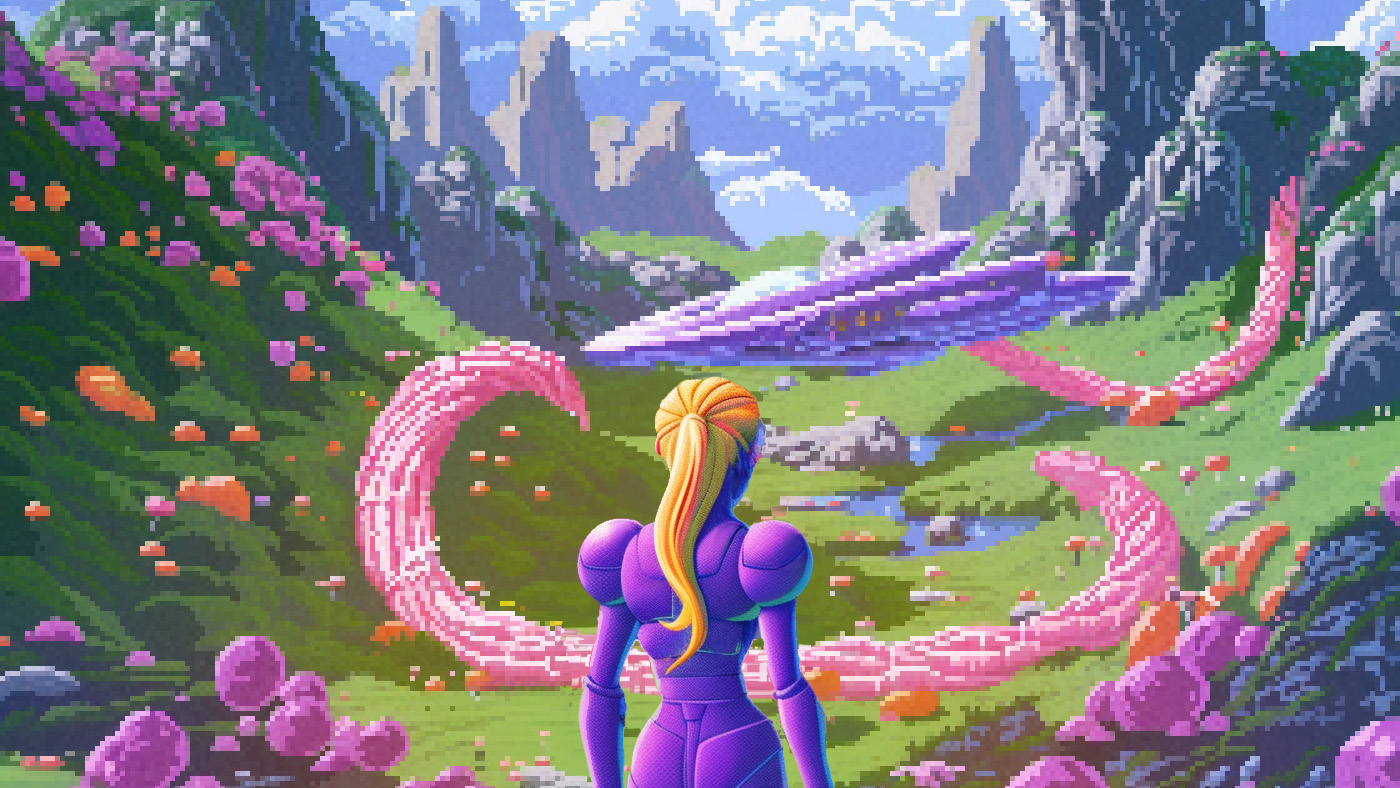The world of blockchain gaming is a massive, high-stakes venture. Investors have poured billions into this space, betting on the promise of asset ownership reshaping the way we play games. Failed projects have come and gone, but a breakthrough game will be one that takes asset ownership mainstream. Several major projects are approaching critical turning points, where they will break through or break down.
Despite years of work by ambitious startups, blockchain gaming’s biggest problem remains unsolved: the average gamer’s skepticism for all things crypto. Strategies to overcome this have varied widely. Some games dive headfirst into crypto integration, turning every aspect of gameplay into a web3 experience, their efforts attuned to a crypto-native audience. Others relegate asset ownership to a hidden, optional feature. Meanwhile, some developers have attempted to bolt NFT functionality onto existing popular games, potentially dragging their existing audience, kicking and screaming, into the future.
Areas for Improvement: Illuvium
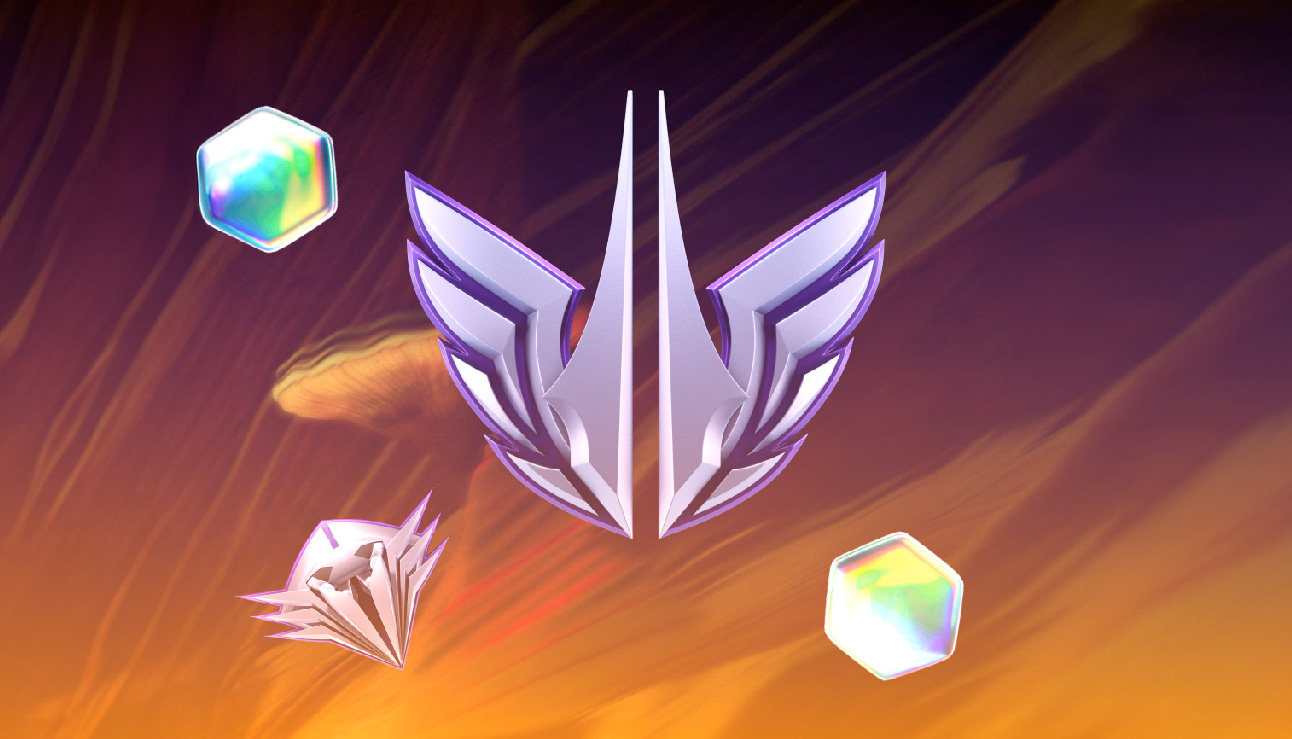
Six weeks into the launch of Illuvium Mainnet, we continue to closely monitor the trajectory of growth, interpret community feedback, and identify areas where it’s various game modes may improve. Although the July 25 switch to mainnet marked the beginning of real tokens and real illuvial NFTs on the blockchain, the game remains in its beta phase.
Player growth has slowed, with the number of unique wallets owning illuvials currently just over 30000, just under testnet’s peak when Mainnet launched. This relatively small audience leaves the Rangers playing Illuvium’s PVP game modes queuing to play against the same recurring opponents.
A larger player population isn’t a feature Illuvium can add with a simple update, but incorporating community feedback in other areas will be critical for keeping current players engaged and further expanding its audience. In response to a recent video outlining Illuvium criticisms, Caveman weighed in with his own points he’d like to see Illuvium improve upon during its beta phase, and identified many aspects that are already in development:
-
Performance improvements
Even on well-equipped machines, Illuvium uses resources heavily. If implemented, performance improvements could open the game up to a broader audience. -
Credit card payments
Listed as “Coming Soon”, once implemented, this feature will break down a major barrier for new players who know little about Ethereum wallets. -
Engaging Gauntlet mode
New additions to Gauntlet mode like Lobbies, ranked mode, Ranger, and many more that are already on the roadmap to make the game compete with games like Teamfight Tactics. -
Repetitive third-person gameplay in Overworld
Early leaks already show off interesting additions to combat. Features like more diverse weapons and companion Illuvials will enhance the interactive experience.For all the details, check out What is happening with this crypto game? Illuvium.
High Tier Illuvials Are Powerful Now
This week Illuvium added the Gauntlet Leviathan game mode. In this PVP arena, owned assets provide a player with powerful advantages. Previously, some players had expressed a desire for stronger utility for their NFTS; they wanted their high tier illuvials and assets to make them more powerful in a fight.
There is, however, a balance to be struck. Since the launch of Leviathan, players in the Illuvium Discord report that in this mode, the player with the more powerful assets will win nearly automatically. Some have expressed concerns that this mode will alienate new players who are randomly matched against asset-rich opponents, because even if they play well, they’ll always lose to those who are better equipped.
The Polemos platform for lending and borrowing NFTs has the potential to blur the distinction between “haves” and “have nots” in a game like Illuvium. Allowing players to rent an illuvial for a fraction of the cost opens up game modes like Leviathan to a larger audience while maintaining the high value of the individual illuvials. Renting assets can help level the playing field for rangers who want to experience high-level play without investing large sums to buy expensive assets.
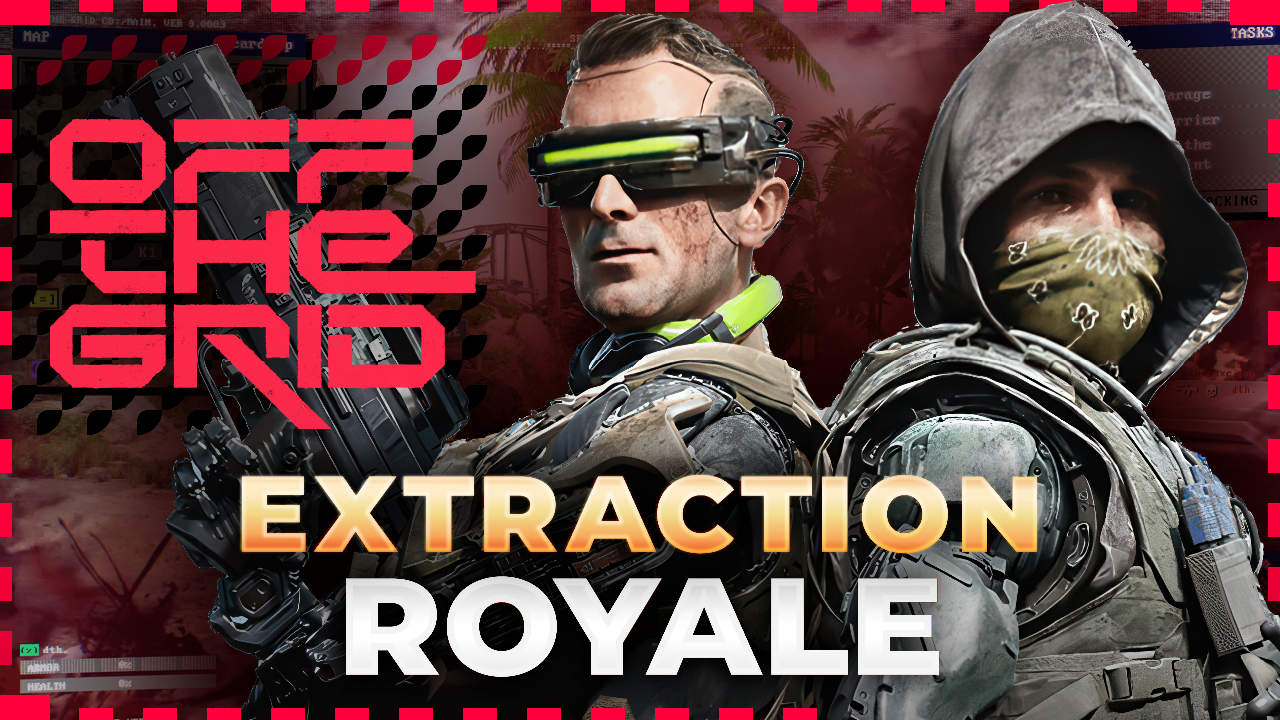
An ‘Optional Token Game’: Off The Grid
Unlike Illuvium’s “Fight for ETH” ethos, other games are taking a less overt approach to NFTs. Back in March, we described a “hide the blockchain” approach that some games are taking when it comes to marketing web3 to players who are downright crypto-averse.
Off The Grid, an upcoming extraction-shooter battle royale by Gunzilla Games, falls into this category, taking it a step further: make the blockchain optional. While Off The Grid has been a web3 game since its inception, the web3 aspects are minimized and consistently labeled as optional, with the phrase, “only if you want to.”
Thoughtful moderation in the Off The Grid Discord redirects NFT discussions to a separate ‘GUNZ’ Discord. On the Gunzilla Games website, the company promises not to sell NFTs directly to players or hide game progression behind paywalls—emphasizing that trading is entirely optional.
Beyond this blockchain-humbling strategy, Off The Grid is also notable for being developed for PlayStation and Xbox, broadening its potential audience significantly.
After reviewing a private build, Caveman was inspired to review Off The Grid’s potential. The mechanics resemble other battle royales like Apex Legends, with gritty, realistic combat mixed with cyber-enhancements. Precise details on NFT utility remain somewhat elusive, but intriguing cybernetic upgrades, like ‘cyberlimbs’ that players can loot from enemies, may hint at how NFTs might be used. Gunzilla Games defines Off The Grid’s NFTs as “one-of-a-kind characters that players create themselves, custom weapons, clothing items and accessories.”
The quirky, intriguing cybernetics, combined with the familiar battle royale style, and a low-key web3 approach, may set Off The Grid apart from many generic blockchain projects. We’re curious about exactly how NFTs will work in the game, and we’re eyeing its release later this year.
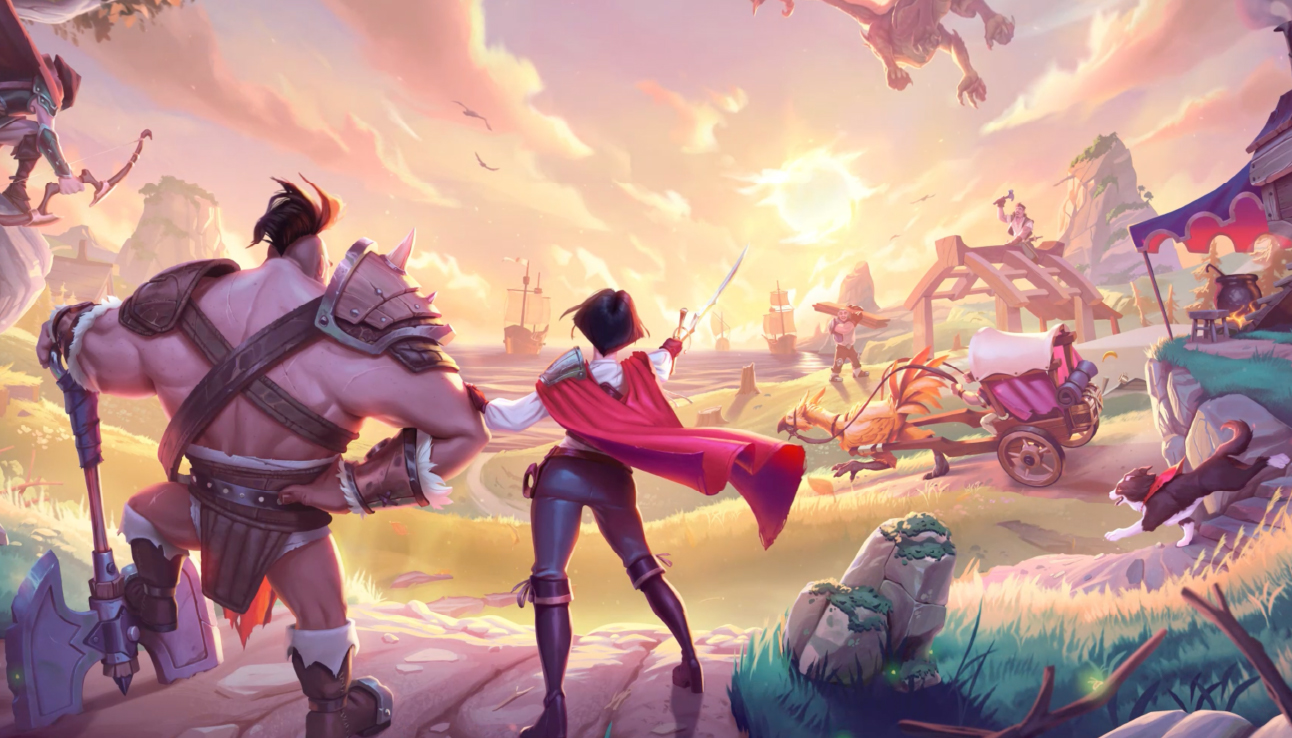
Retrofitted for Blockchain: Ravenquest
Ravenquest is an upcoming web3 game that adds blockchain functionality to the already popular Ravendawn’s universe, a 2.5d pixel MMORPG in development since 2016. With tens of thousands of concurrent players and millions of watch hours on Twitch, Ravendawn will soon see a full release and remains playable without NFTs. Ravenquest, its blockchain-enabled counterpart, offers a new twist on the original.
As a fork of Ravendawn, Ravenquest aims to demonstrate what blockchain gaming can achieve by prioritizing “longevity and community over short-term profits.” Asset trading fits naturally within the genre, much like the gray market trading in old-school Runescape, but securely on the blockchain.
What makes this especially intriguing is that players can choose between the original, non-blockchain Ravendawn and the blockchain-enabled Ravenquest, offering a rare opportunity to observe both models evolving side by side—almost like an experiment with a built-in control group. Some Ravendawn players remain wary of web3 and Ravenquest, but by creating a new version alongside the original, Tavernlight Games may attract a new segment of players while retaining its loyal community.
We don’t know yet just how many Ravendawn players will embrace Ravenquest, but with its pledge of transparency and a “free-to-earn” model, this “retrofitting” approach could carve out a distinct path for blockchain gaming.
We’re seeing blockchain gaming and the strategies within continue to evolve, and the next breakthrough could be just around the corner.

